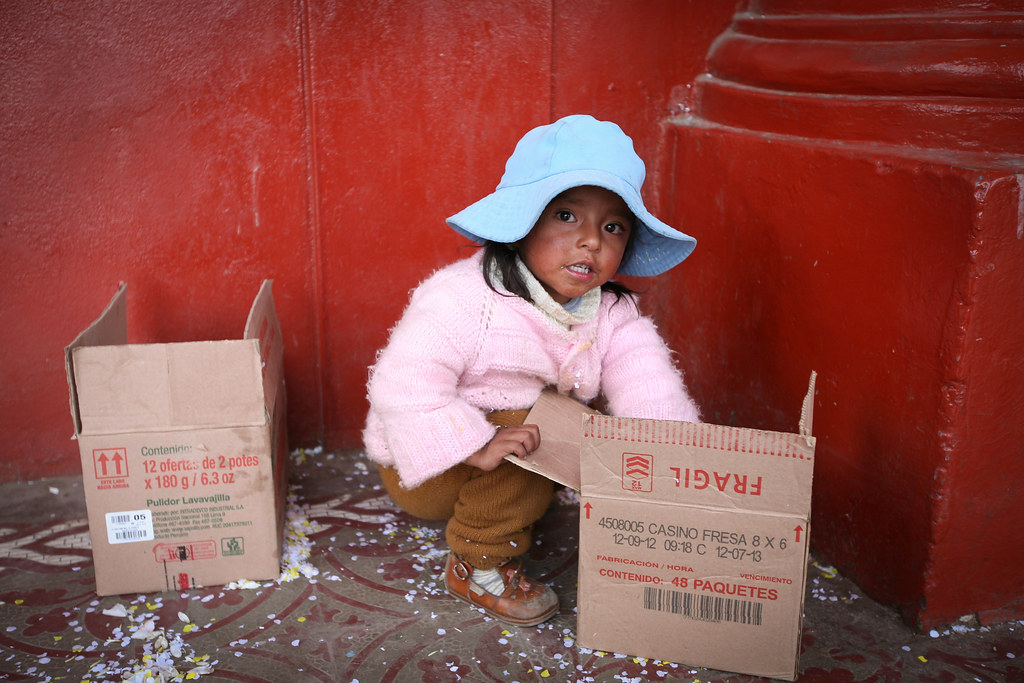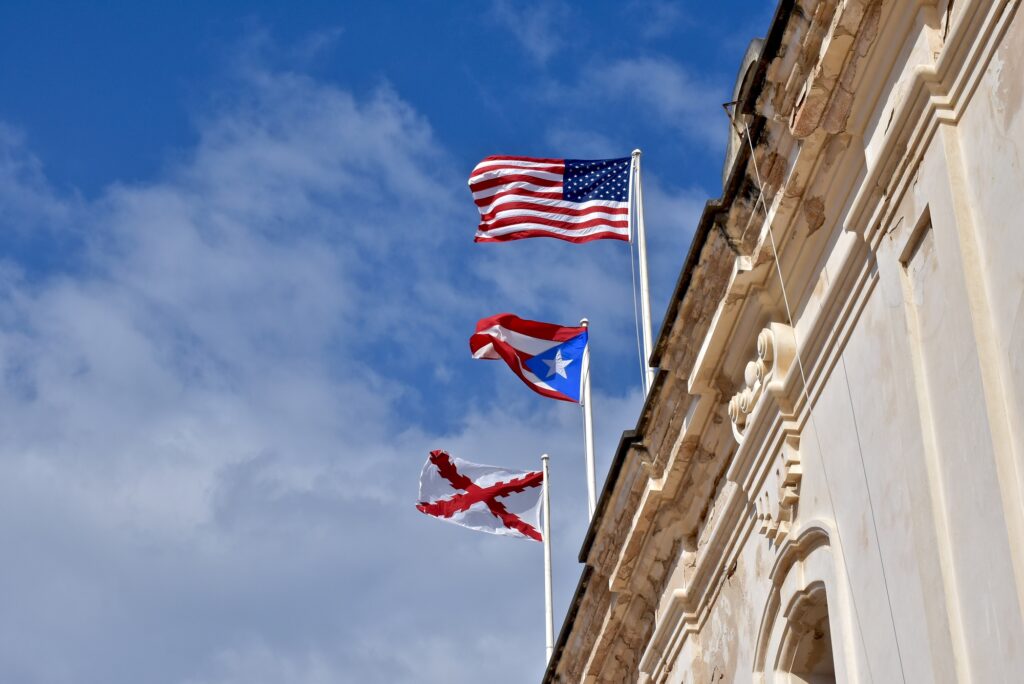The coronavirus pandemic is expected to set economies in Latin America back by a decade due to rising inequality and poverty, according to a United Nations report published Thursday.
The report, done by the UN Economic Commission on Latin America and the Caribbean (ECLAC), estimated that the total number of impoverished people in the region by the end of last year was 209 million, which is 20 million more than before the pandemic.
Extreme poverty has reached a level that the region has not experienced in two decades, going from 7.8% to 11.3% of the total population in Latin America and the Caribbean.
“The pandemic has exposed and exacerbated the region’s major structural gaps and currently, we are living in a time of heightened uncertainty in which neither the way out of the crisis nor the speed of that process is yet known,” said ECLAC Executive Secretary Alicia Bárcena. “There is no doubt that the costs of inequality have become unsustainable and that it is necessary to build back with equality and sustainability, aiming to create a true welfare state, a task long postponed in the region.”
Because of long-standing structural issues, Latin America’s poorest people are disproportionately children, indigenous and Afro-descendants, and highly concentrated in rural areas. The report further warned that school closures being extended could cause a generational crisis for children.
“In Latin America and the Caribbean, the loss will be more disastrous and far-ranging than in any other region for children, for parents and for the society at large,” said Jean Gough, UNICEF regional director for Latin America and the Caribbean.
Although vaccines are starting to be implemented, the vaccination process is happening at a slow pace. While Latin America has about 15 percent of the world’s coronavirus cases, it has received just about 3 percent of the world’s vaccines, according to a recent study done by Oxford University. There are clear issues related to access and vaccine education, as many say they won’t be vaccinated.
After years of steady growth, the pandemic has drastically turned back the region’s economic fortunes. Those who were in precarious situations before the onset of the coronavirus have been the most affected. Latin American women, for example, have been 44% more likely to lose their jobs than men due to the crisis, according to a World Bank Survey on Thursday.
ECLAC called on governments to continue to implement social safety nets. Governments throughout the region have already spent an estimated $86 billion providing support to people.
“ECLAC’s call for a new social compact is more relevant than ever: the pandemic is a critical juncture that is redefining what is possible, and it opens a window of opportunity to leave the culture of privilege behind,” Bárcena said.










